In the proposed budget for the fiscal year 2024-25, the Civil Aviation and Tourism Ministry has been allocated a total of Tk 5,695 crore. This allocation aims to support the growth of local aviation operators and bolster the contribution of tourism to the national economy.
Compared to the revised budget of Tk 6,350 crore for the previous fiscal year 2023-24, this allocation represents a decrease of Tk 655 crore. The proposed budget for the Civil Aviation and Tourism ministry in FY 2023-24 was Tk 6,597 crore.
Finance Minister Abul Hassan Mahmood Ali announced the budget allocation while presenting the budget for FY 2024-25 in the Jatiya Sangsad (JS) today.
To support the growth of local aviation companies and harness the future potential of the industry, the minister proposed to exempt VAT on aircraft engines and spare parts of propellers at the import stage.
"In the current reality, domestic airlines are gradually falling behind in competition with foreign airlines due to various reasons," Ali explained, justifying the VAT exemption.
Over the past 15 years, both passenger and cargo air transport with the rest of the world has significantly increased, reflecting the substantial growth of the country's economy. In response, domestic air travel has also surged, prompting several projects to modernize air transport and related services to meet global standards.
The minister highlighted efforts to develop the aviation sector, including revamping and expanding the runways and taxiways of key airports like Hazrat Shahjalal International Airport, Cox's Bazar Airport, and Osmani International Airport.
Furthermore, significant progress has been made in enhancing airport infrastructure, with projects such as the third Terminal of Hazrat Shahjalal International Airport and the runway extension project at Cox's Bazar Airport nearing completion.
Upgrades in security systems at all international airports have also been implemented.
Shifting focus to the tourism sector, Ali mentioned the implementation of a 25-year Tourism Master Plan aimed at revitalizing Bangladesh's tourism sector and contributing to its economic development.
Special emphasis is placed on developing eco-tourism, heritage tourism, and business tourism to meet the growing domestic demand and attract foreign tourists.
Initiatives include constructing tourist facilities at various destinations like Tanguar Haor, Nijhum Island, Sundarbans, Paharpur, and Mawa-end of the Padma Bridge. Destination Management Organizations have been established in these areas to attract tourists.
Moreover, plans are in place to develop international-standard tourism facilities in Rangpur, Chandpur, and Cox's Bazar, while existing tourism parks under BEZA will be made tourist-friendly.



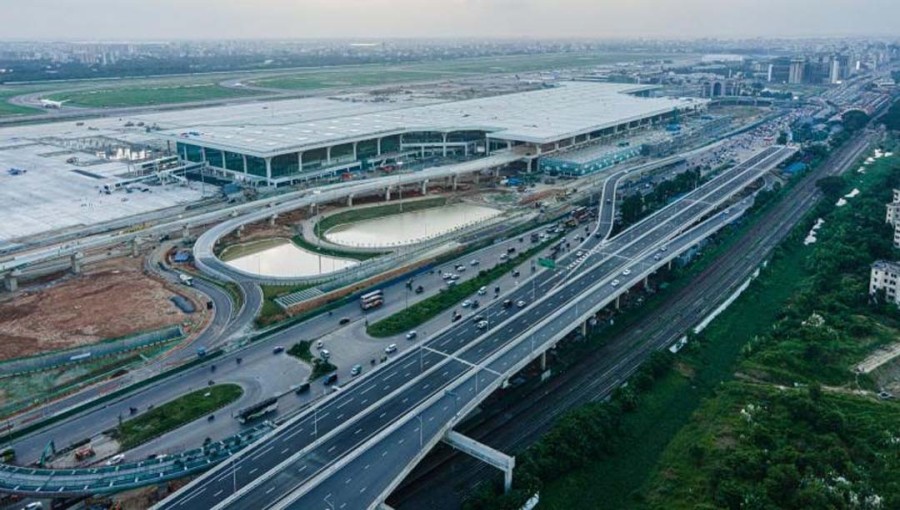

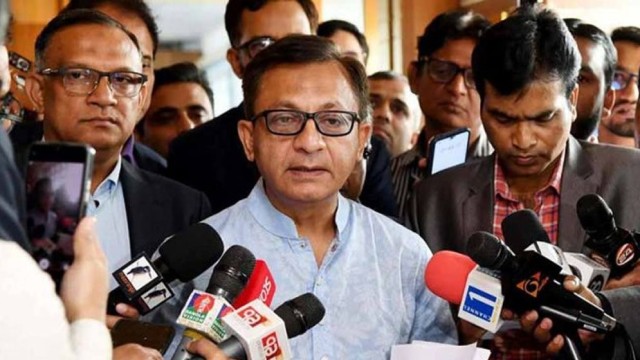
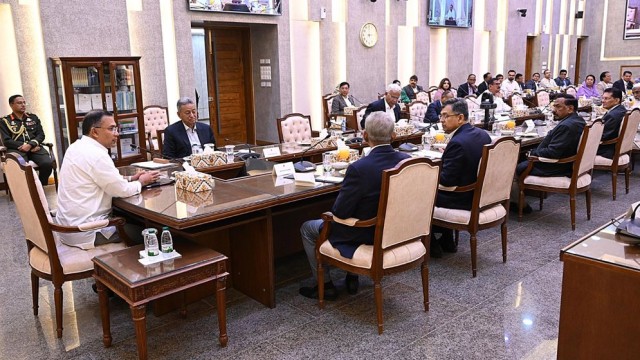


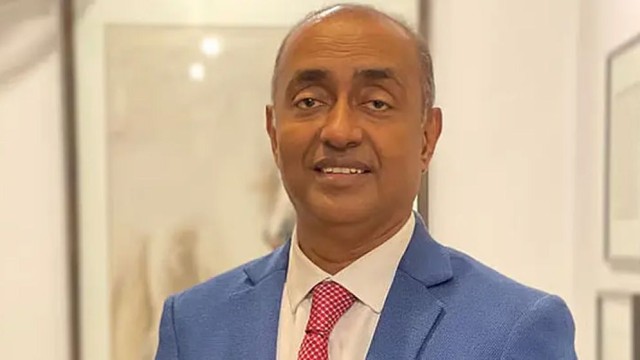


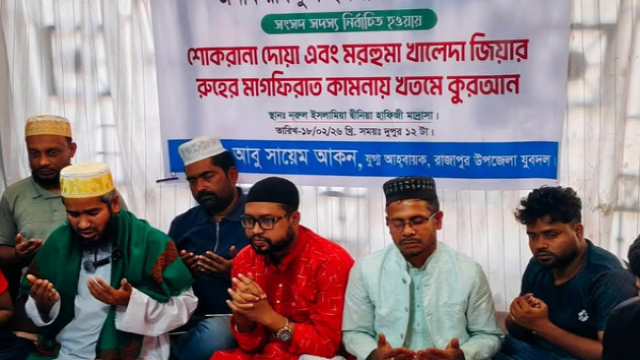
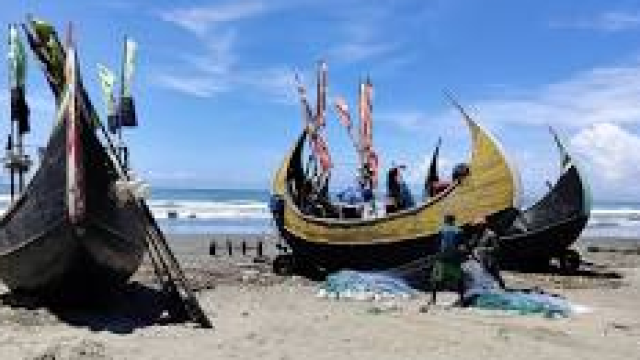
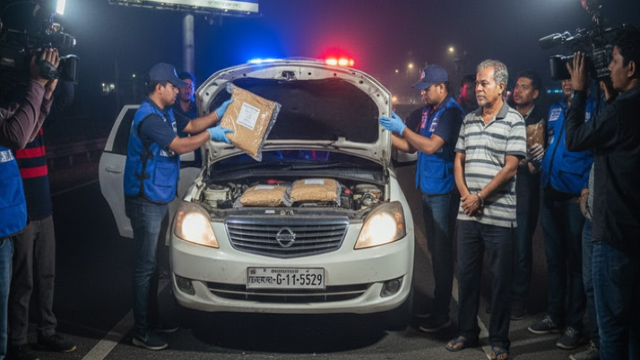


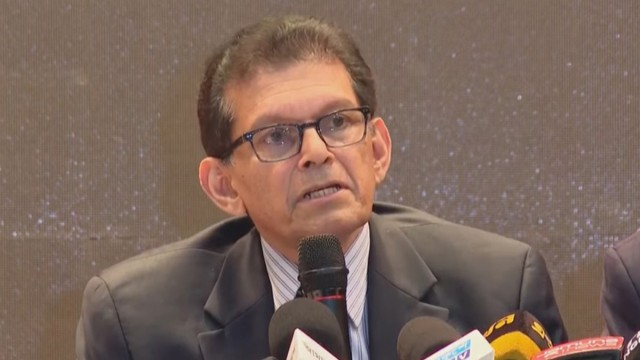












Comment: